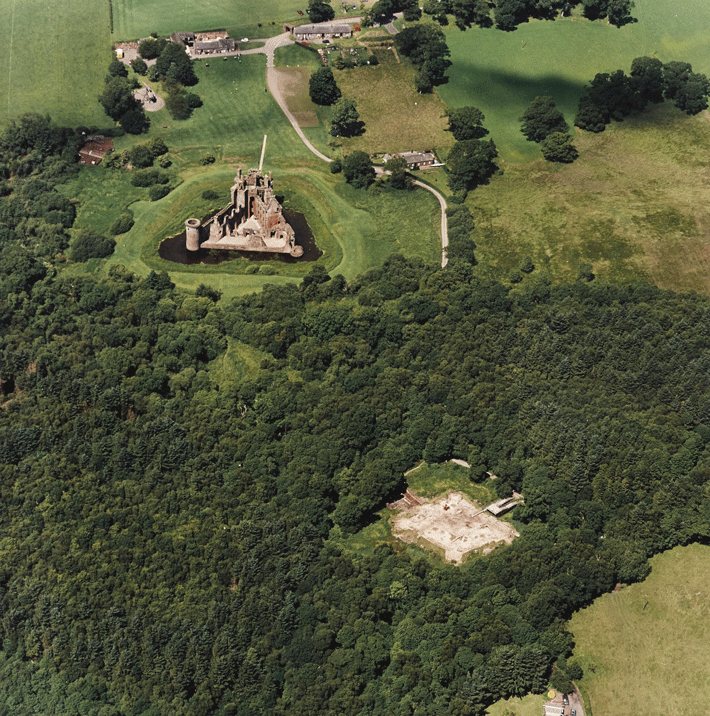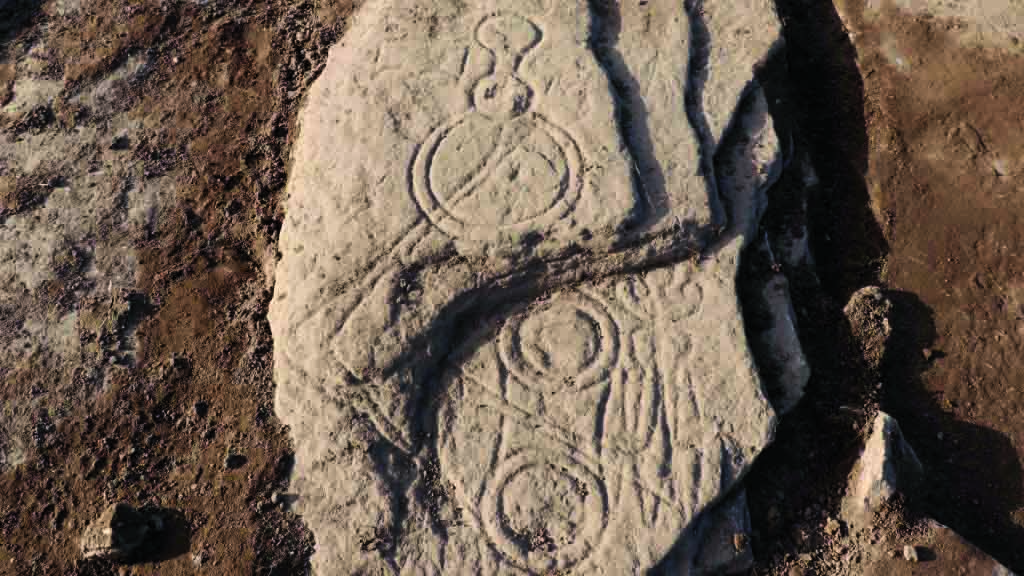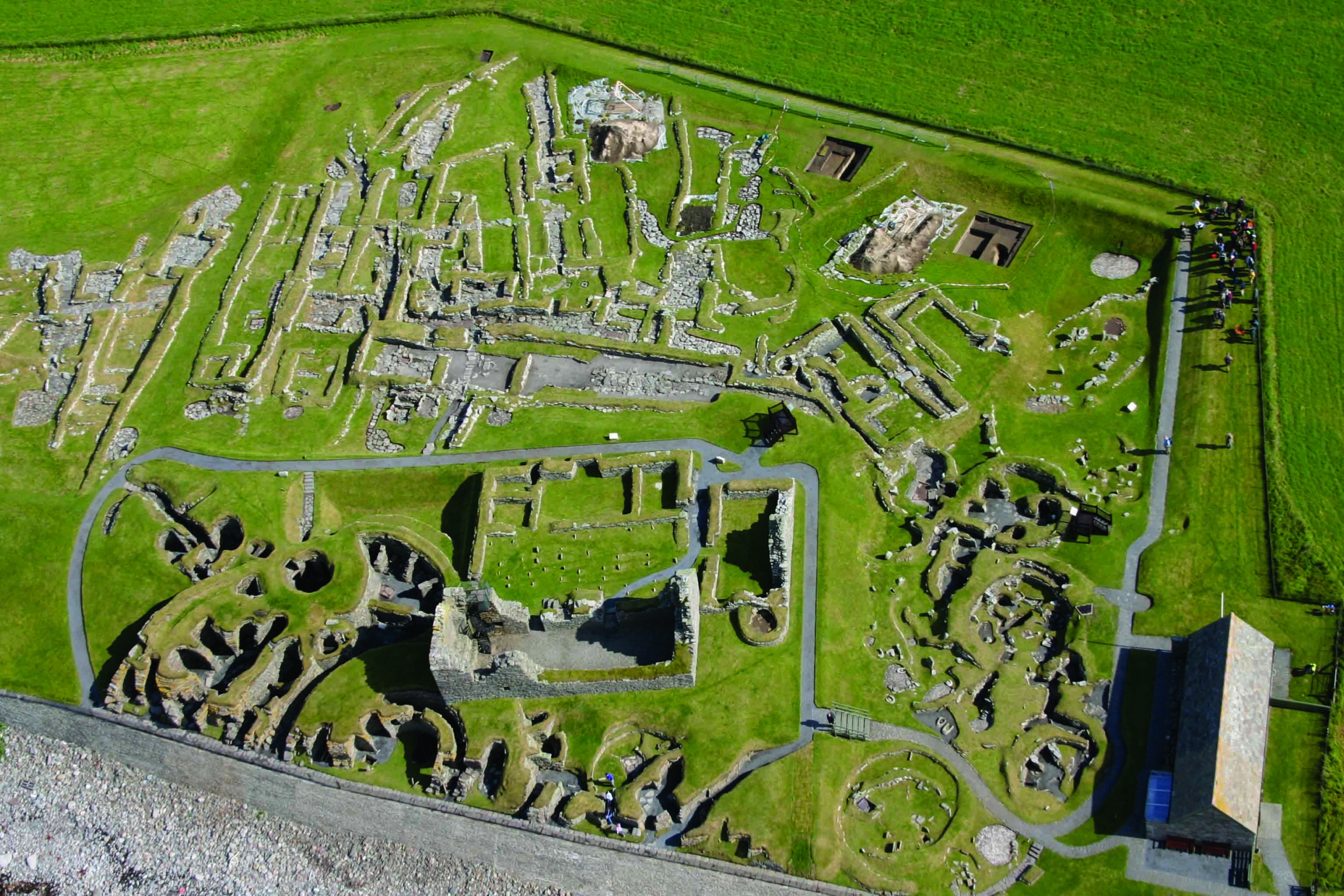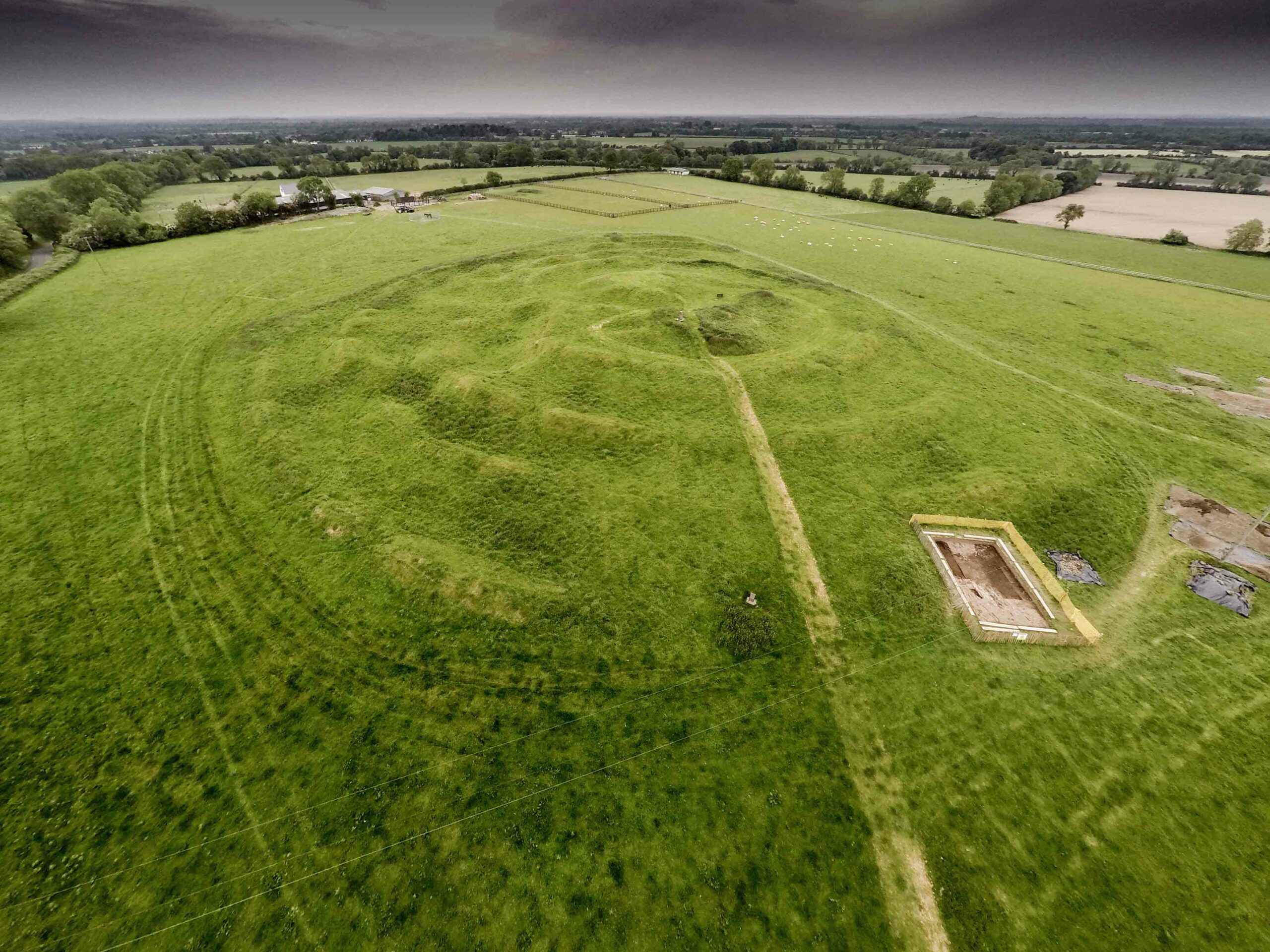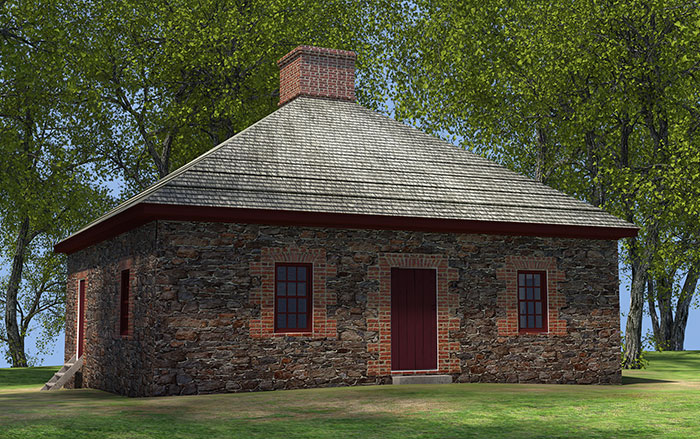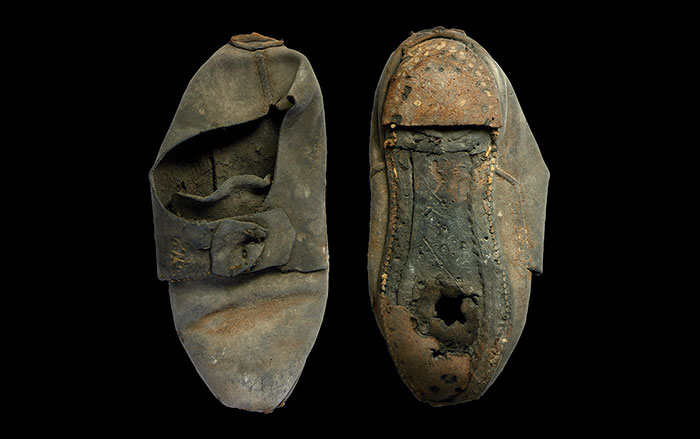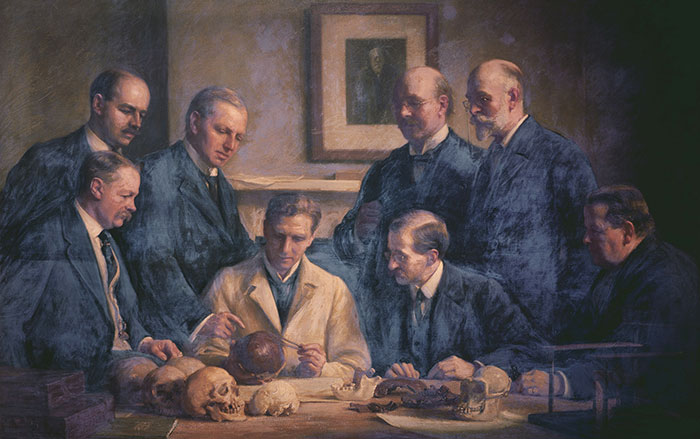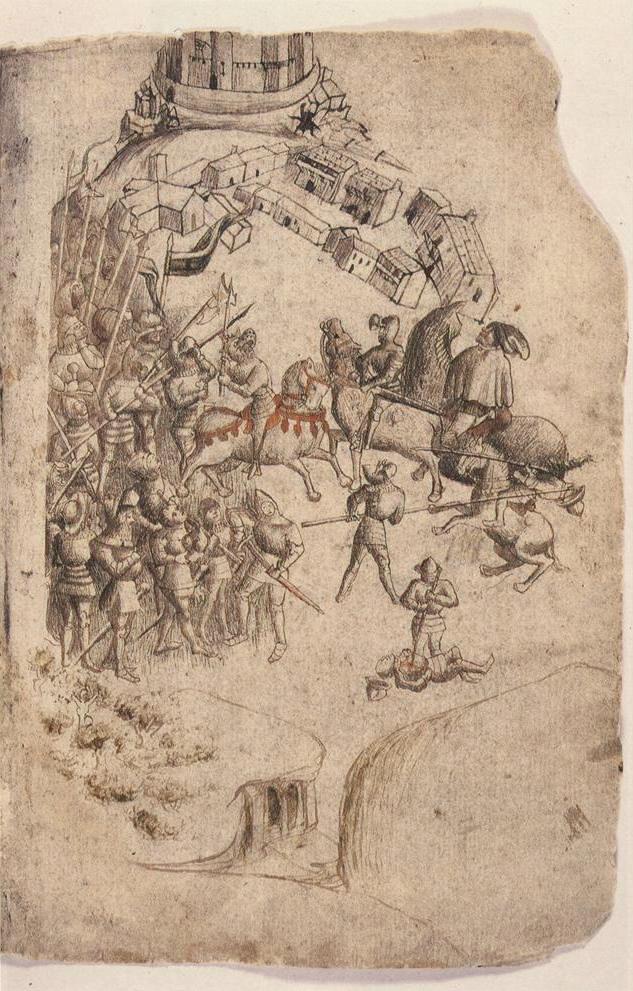
STIRLING, SCOTLAND—The Herald Scotland reports that archaeologist Murray Cook obtained radiocarbon dates for the foundation of one of two stones that stand near the entrance to the Police Scotland Central Division headquarters. It had been thought that the stones were erected some 3,000 years ago and served as a landmark during the 1314 Battle of Bannockburn. “The date that came up is contemporary with the battle,” Cook said. He now thinks the stones might have been erected to mark the spot where Sir Thomas Randolph, a commander in Robert the Bruce’s army, defeated 300 English cavalry on the first day of the battle for Scottish independence. Randolph’s victory prevented Edward II’s attempt to relieve the siege of English forces holding Stirling Castle. To read more about archaeology in Scotland, go to "Living on the Edge."



